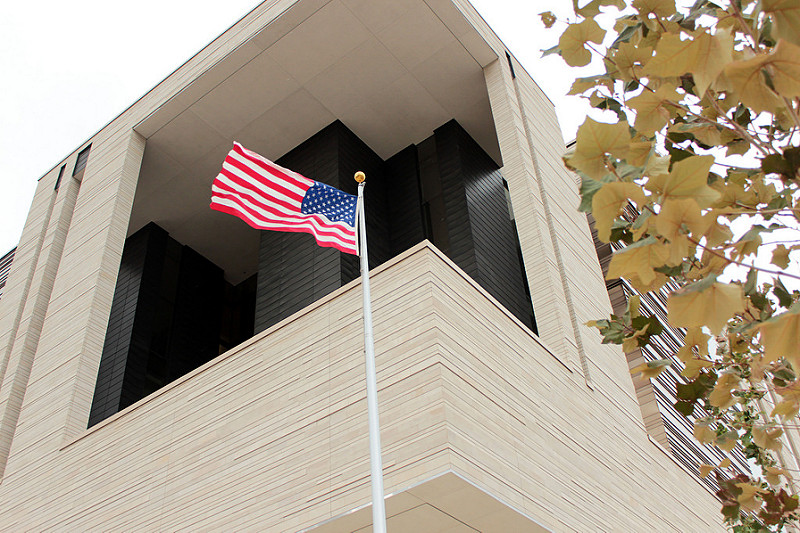In a decision that bolsters Democrats’ claims that congressional maps were drawn unfairly in 2011, the U.S. Circuit Court for the Western District of Texas ruled last week that the legislature intentionally discriminated agains minority voters in the way it drew three Texas congressional districts.
This isn’t the first court ruling to address Texas’ 2011 maps, says Brandon Rottinghaus, a political science professor at the University of Houston.
“This is part of an ongoing ping pong match between the legislature, the Justice Department, and the federal courts that [dates] back to the maps from 2011-2012. There are various lines that have been drawn by various courts and the legislature, and this is the latest incarnation, ” Rottinghaus says.
The court ruling means that new maps must be drawn for the three districts at issue, Rottinghaus says. And that will necessarily affect the composition of adjacent districts.
“They will definitely have new lines. Of course you’re going to have big communities of different organizations and different groups that are going to have to be pulled into those lines because that’s what the court is essentially saying – that there’s a racially discriminatory intent, and so the lines would have to be manipulated.”
The ruling will certainly be challenged, says Rottinghaus.
“You have to think there’s going to be an appeal. Texas has been quite good at this. Attorney General Ken Paxton has been in court so many times that he needs a frequent punch card…” Rottinghaus says.
Rottinghaus says that because the ruling affects district lines statewide, it will eventually go to the Supreme Court.
“The fact that Texas has to defend itself [against] the claims that these lines have been drawn with discriminatory intent is certainly important, in and of itself…And it could be that this issue brings the state back under…Voting Rights Act pre-clearance, which had effectively been undone by Shelby County V Holder a couple of years ago,” he says.
In its inevitable appeal of the decision, Texas officials may, Rottinghaus says, echo a dissenting opinion in last week’s ruling, which asserts that the Republican-controlled legislature was within its rights to create districts that benefited the party.
“Politics is OK. Race is not OK,” says Rottinghaus, paraphrasing the dissent. “This is really an ongoing political battle as well as a racial battle. The fact that the state is growing so much, and will probably add two to three congressional districts at the next redistricting…is going to be a recipe for danger fo map-makers to have to combine all of these different factors together.”
Written by Shelly Brisbin.














